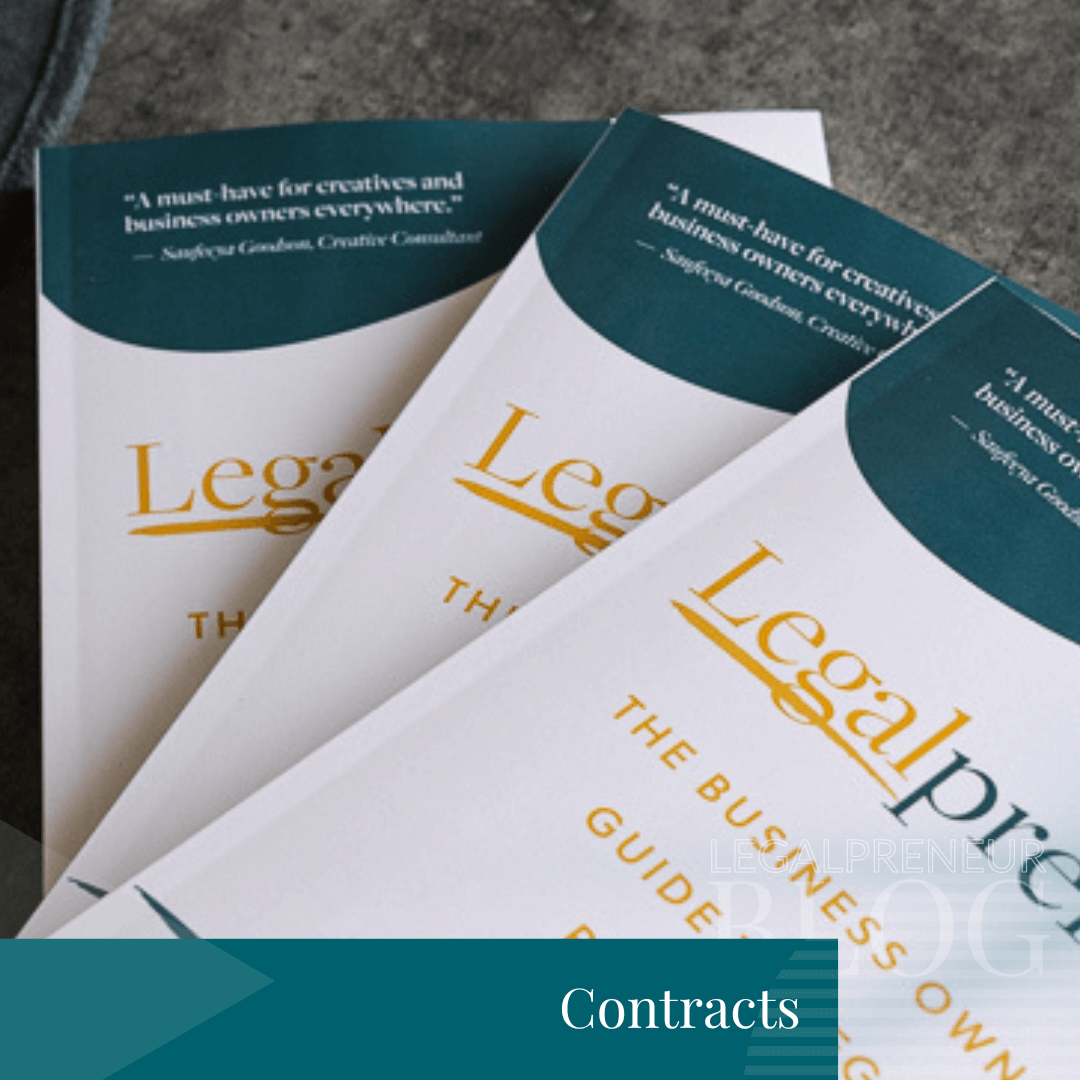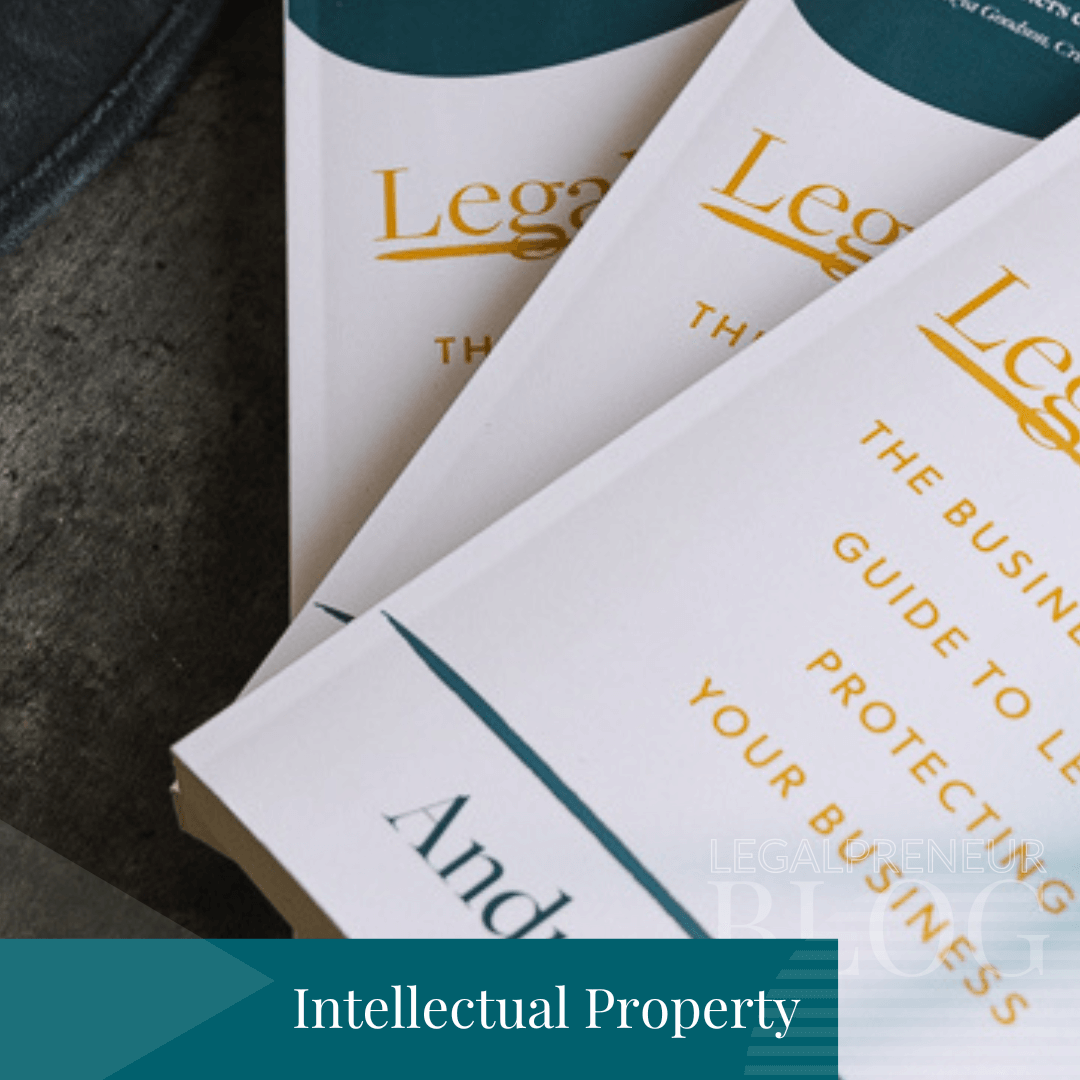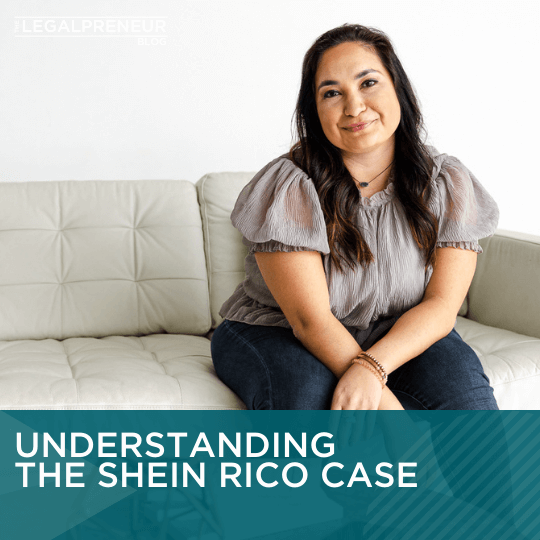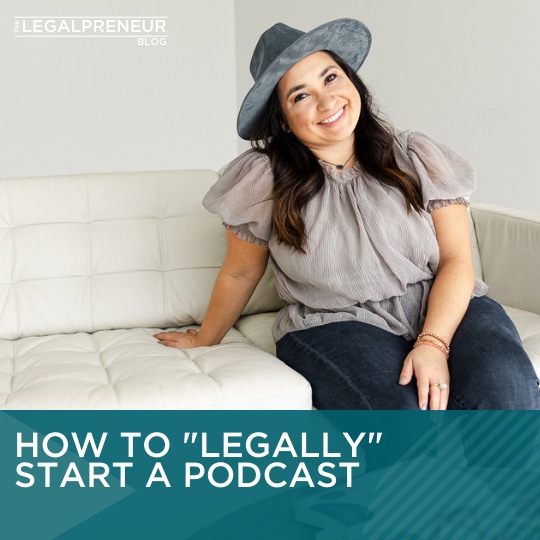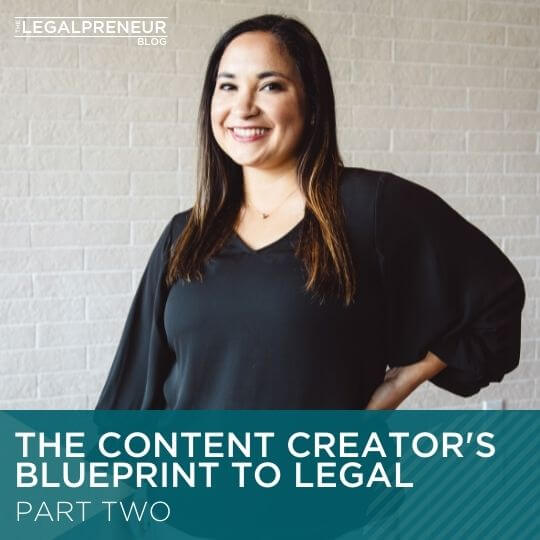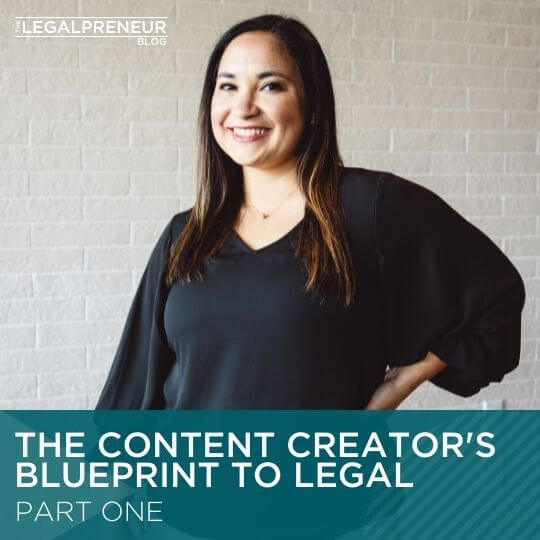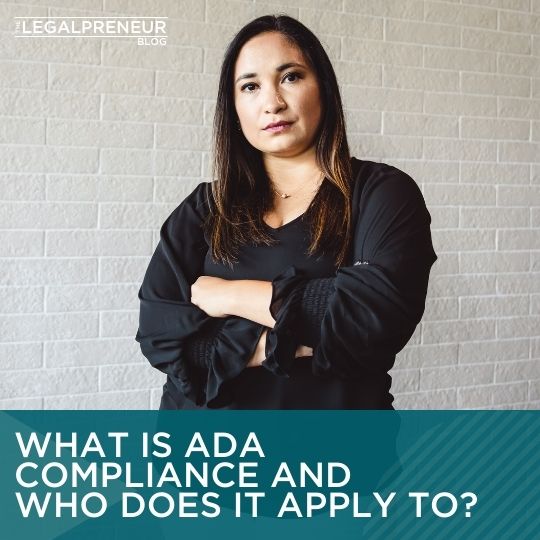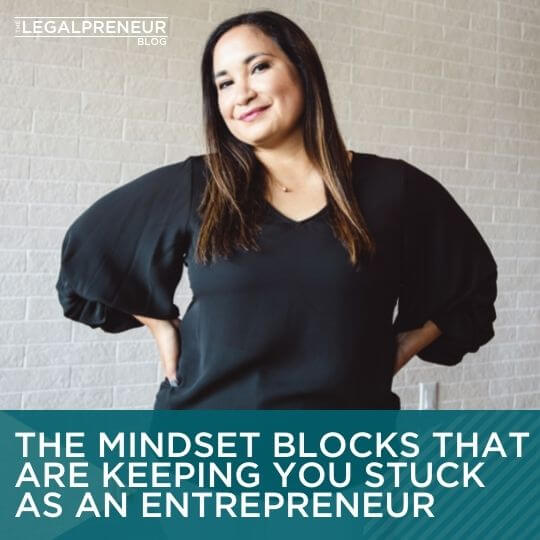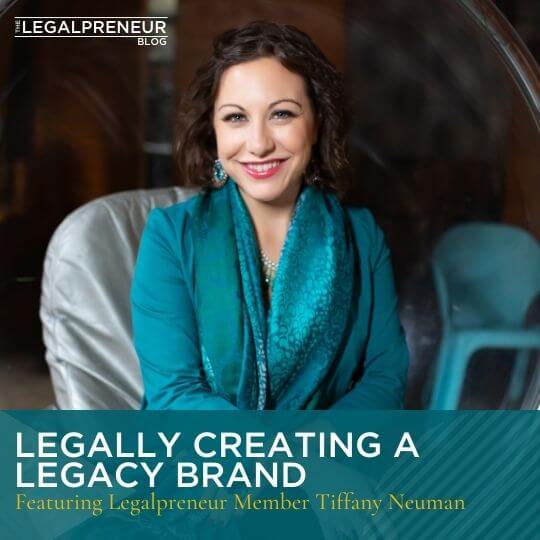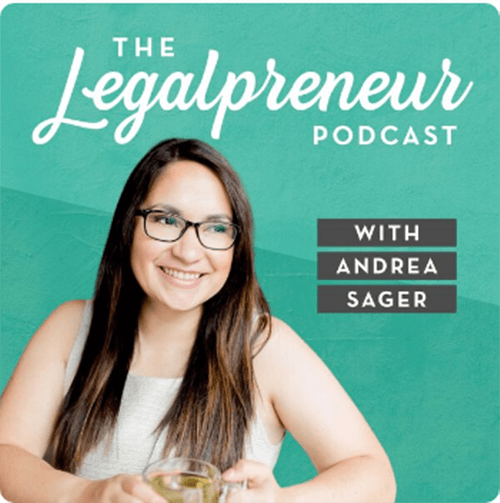
A Solo Entrepreneur’s Guide to Entity Formations
Solo entrepreneurs, this one’s for you! It takes a lot of time, passion, and money to create the business you envision, but you probably already know that. We’ll show you how to protect the efforts you invested and continue to invest by creating a business entity.
Keep reading because we’ll break down why a business entity is a necessary legal protection. We’ll also cover everything from the types of entities that exist, which one can be right for you, and how to form one. This is your quick guide to entity formations.

